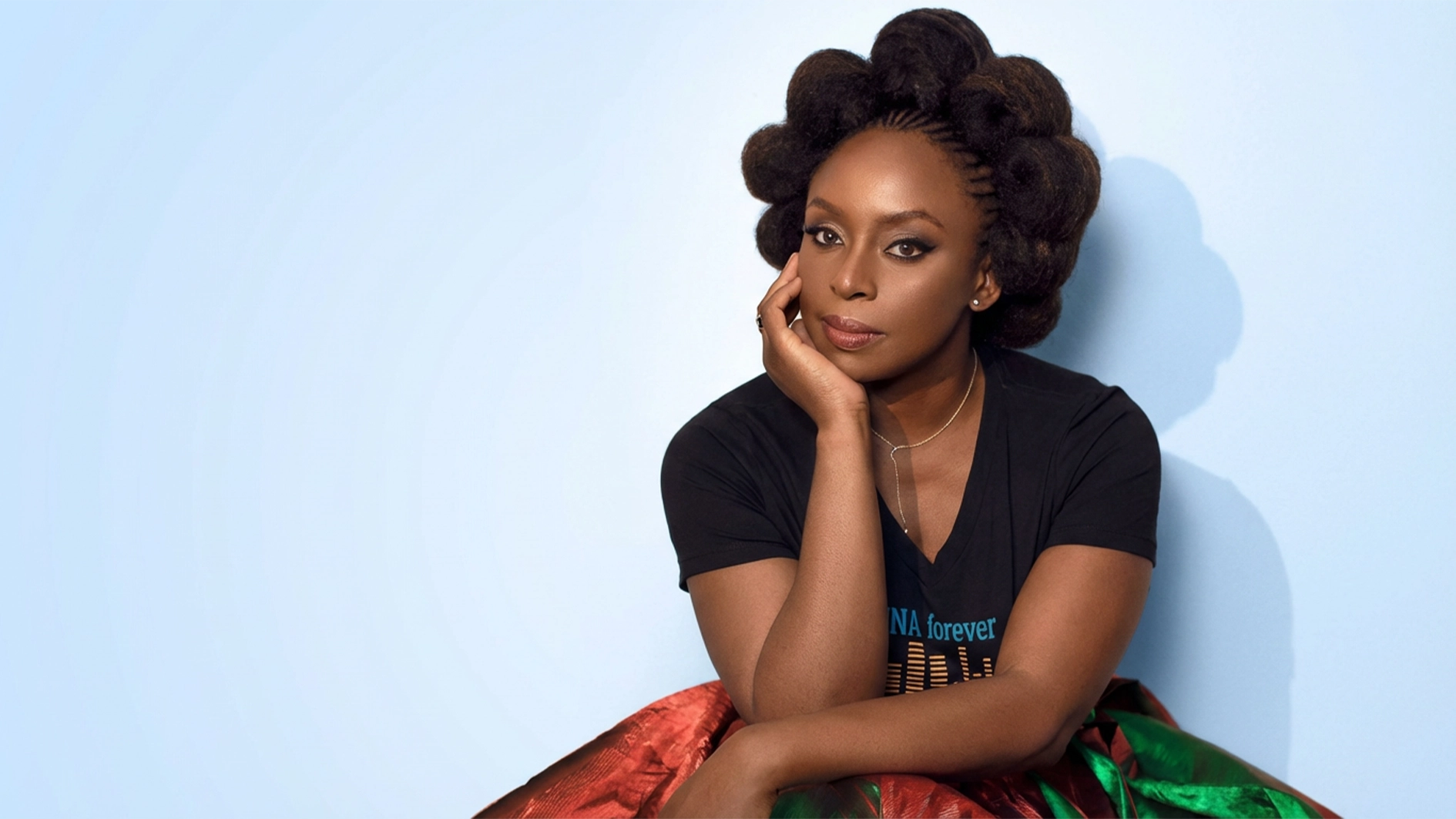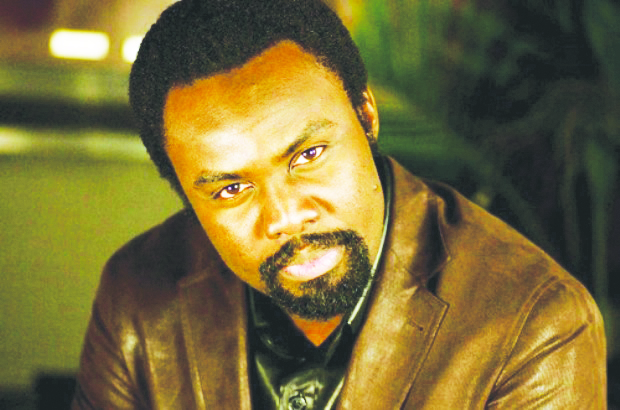 One generic trait of all drama productions is that not one drama production is the same like another. Most especially the cast, the audience, the set, the stage and above all the director’s interpretation of the play.
One generic trait of all drama productions is that not one drama production is the same like another. Most especially the cast, the audience, the set, the stage and above all the director’s interpretation of the play.
And this is not an exception with Mojisola Kareem’s production of Death And The King’s Horseman at The Crucible in Sheffield, United Kingdom from February 1 to 8, 2025.
Wale Ojo’s (Elesin Oba) free flow physical enactment and rendering of Soyinka’s evocative poetry is inimitable.
In this Sheffield production, the audience witnessed staged poetry. The dramatic performance engaged the mixed audience all through to its cathartic end.
The delineated dialogues between Iyaloja (Kehinde Bankole) and Elesin Oba was a philosophical pivot through which the conflict and Elesin Oba’s tragic flaw was relayed. The production was laden with riddles and tat responses over honour.
Right from the opening of the play, Elesin Oba, a giant in sex and appetite was lost in lust for the Market Maiden and insisted he must make his passage to the underworld light and set the stage for his dithering to make the crossing at the end but not without losing his son Olunde (Micheal Ahomka-Lindsay) in a tragic twist.
There were minimal stage changes on an almost bare stage with the wares of the market women – a fault as it did not reflect the Oyo setting but enabled the movement of chotchonic transition from the land of the living the dead and the unborn. An excellent sound effects and lighting made the conversation between Elesin Oba and the Alafin realistic without River Styx crossing.
The production was faithful to Soyinkean structuralism. There was continuous strong relationship between themes, mood and relationships between characters. This heightened suspense as it gives not a glimpse of what is coming next. With chants, rituals and songs amplifying the scenes the audience never witnessed a dull moment.
The costuming was perfect in the reflection of its Yoruba setting as well as colonial personages.
The Resident District Officer dialogues and scenes was used to address racism and at one particular moment, the audience gasped when the white District Officer used the N word on Olunde.
The question that readily comes to mind is what is the relevance of a 1976 play to a modern audience and contemporary reality?
Death and The King’s Horseman is relevant not only in modern African drama but also in politics. Most of the issues it addressed are still with us today – racism, colonialism, neo-colonialism and self-serving leaders who prefer to enjoy political offices without the sacrifices it entails. Elesin Oba served his master, the Alafin until he died.
But in modern African politics, political servants don’t wait for their masters to die but engage in political squabbles with them as we witnessed in Thomas Sankara and Blaise Campore’s case in Burkina Faso in the 80s and Ahmadu Ahidjo and Paul Biya’s medical trickery in Cameroun in the late 70s. Coming home to Nigeria, we witnessed the on-going Rotimi Ameachi/Wike saga and the on-going Wike/Fubara impasse.
Death And The King’s Horseman is a classic poetic play set in Oyo in modern day Nigeria with a universal plot that reverberates overland and maritime.






